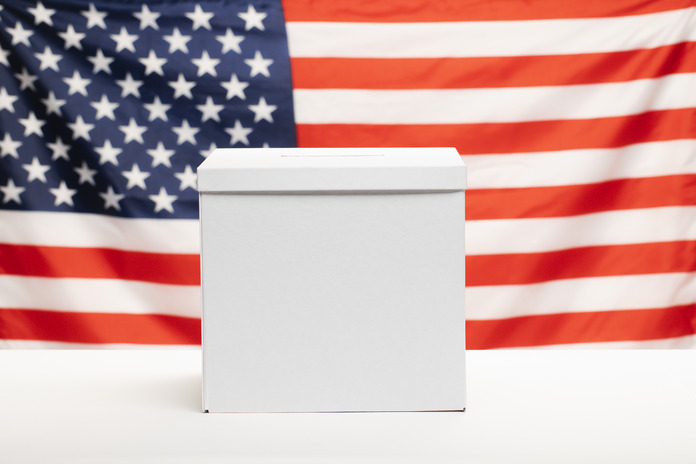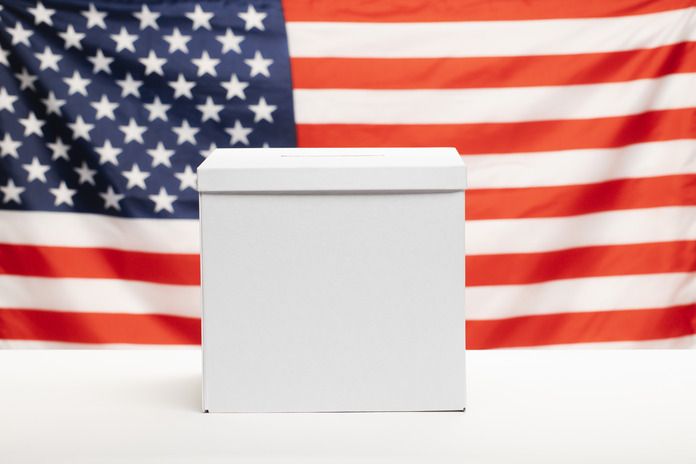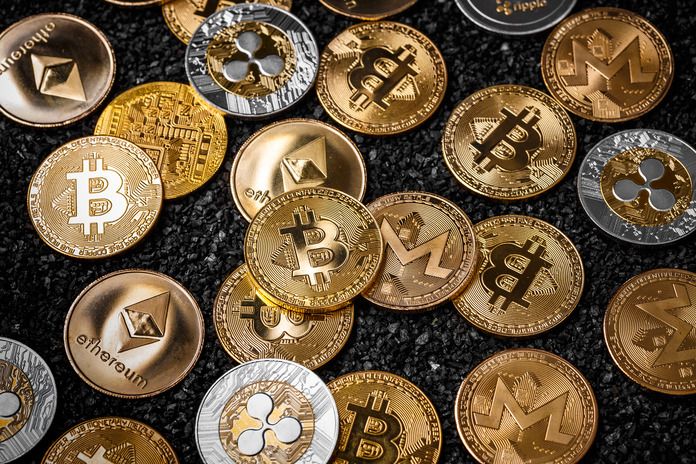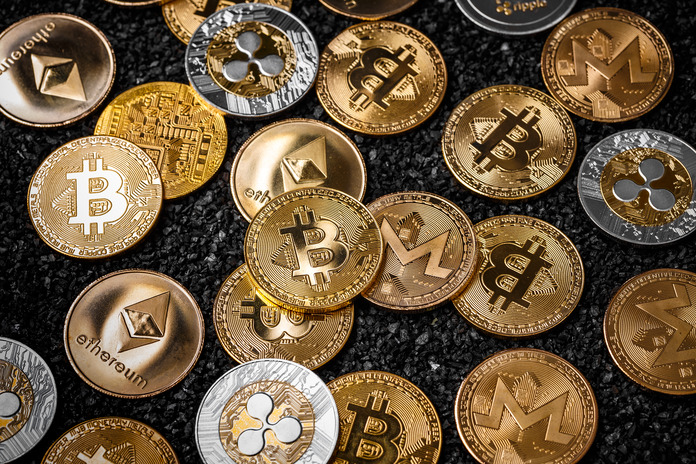Trump-Biden Tussle Hits Polifi Sector, Boden Drops 95%

The Polifi sector has taken a significant hit as the political tussle between Trump and Biden intensifies. The sector, which once held promise, has seen a massive downturn, with Boden, one of its major players, dropping 95% from its peak. This article delves into the implications of this decline and explores the broader impact on the Polifi sector.
The Decline of the Polifi Sector
The Polifi sector, which encompasses the intersection of politics and finance, has been on a downward trajectory due to heightened political tensions. Boden, a key company in this sector, has experienced a drastic drop in value, plunging 95% from its peak. This decline underscores the vulnerability of the Polifi sector to political fluctuations.
Boden’s Plummet
Boden’s fall is a stark reminder of the sector’s volatility. The company’s decline can be attributed to several factors, including regulatory pressures, political uncertainties, and market skepticism. As political events continue to unfold, companies in the Polifi sector, like Boden, face increasing challenges in maintaining investor confidence.
Impact of Political Tensions
The ongoing political tussle between Trump and Biden has created an unstable environment for the Polifi sector. Policies and regulatory measures implemented by the Biden administration have introduced uncertainties, impacting investor sentiment. Conversely, Trump’s political maneuvers and rhetoric have added to the sector’s volatility, further shaking market stability.
This instability is further exacerbated by the unpredictability of policy changes, legal battles, and media scrutiny, which collectively undermine investor confidence and market performance. Companies in the Polifi sector must navigate these challenges, balancing regulatory compliance with strategic adaptability to maintain operational stability amid political turbulence.
Market Reactions and Investor Sentiment
Market reactions to the political dynamics have been swift and significant. Investors are increasingly cautious, leading to reduced investments in the Polifi sector. The sharp decline in Boden’s stock is a reflection of this sentiment. The sector’s future hinges on the resolution of political tensions and the establishment of a more stable regulatory environment.
Furthermore, the uncertainty has caused a ripple effect, impacting related sectors and heightening the overall market volatility. As a result, stakeholders are closely monitoring political developments and adjusting their strategies accordingly to mitigate potential risks and capitalize on emerging opportunities.
Broader Implications for the Polifi Sector
The Polifi sector’s downturn is not limited to Boden alone. Other companies within this space are also feeling the impact. The sector’s dependence on political stability makes it particularly susceptible to fluctuations in the political landscape. The ongoing tussle between Trump and Biden exemplifies the risks inherent in this sector.
Future Outlook for the Polifi Sector
Looking ahead, the future of the Polifi sector remains uncertain. The resolution of political conflicts and the establishment of clear regulatory frameworks are essential for the sector’s recovery. Companies within this space must navigate these challenges while seeking to restore investor confidence.
Additionally, fostering stronger relationships with policymakers and improving transparency in their operations can help mitigate risks. Adapting to changing political climates and being proactive in compliance efforts are crucial steps. By focusing on innovation and resilience, companies can better position themselves to thrive despite the ongoing political turmoil and market instability.
Strategic Moves and Adaptations
To mitigate the impact of political fluctuations, companies in the Polifi sector need to adopt strategic measures. Diversification, regulatory compliance, and transparent communication with investors are crucial steps. By addressing these areas, companies can better position themselves to weather political storms and stabilize their operations.
Conclusion
The decline of the Polifi sector, highlighted by Boden’s 95% drop, underscores the profound impact of political tensions on market stability. As the Trump-Biden tussle continues, the sector faces significant challenges in regaining investor confidence. The path to recovery lies in resolving political uncertainties and establishing a stable regulatory environment.
Featured Image: Freepik © freepik






